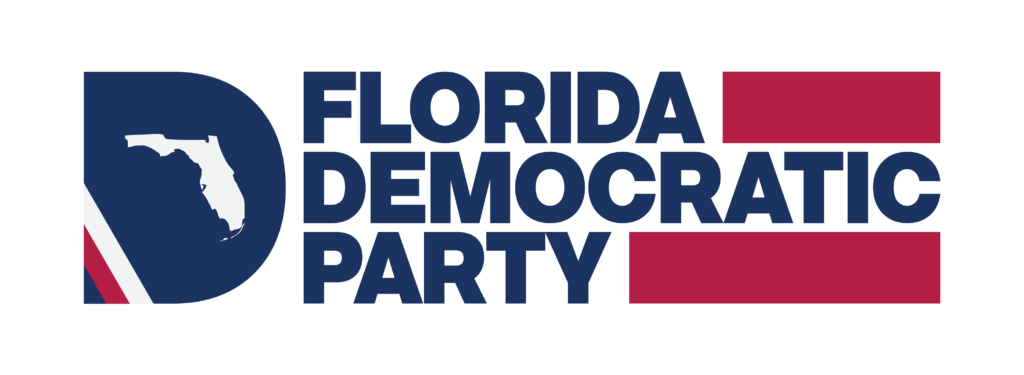In the News
New Reports: Senate Republicans’ Plans Would Raise Floridians’ Taxes And Threaten Social Security And Medicare


Marco Rubio refuses to denounce his party leader’s dangerous new agenda that would raise taxes on millions of Floridians and could lead to Social Security and Medicare cuts, even as new reporting has shown that Florida would be one of the states hurt most by the GOP’s new plan.
“Three weeks after his party boss began pushing a disastrous new agenda to jeopardize Social Security and Medicare and raise taxes on millions of seniors and working Floridians, Marco Rubio still refuses to denounce the plan. Our state deserves leaders who aren’t afraid to stand up to their party to defend what’s best for Florida, not a spineless career politician like Marco Rubio,” said Florida Democratic Party spokesperson Grant Fox.
See below for coverage of new data on the GOP’s dangerous new economic agenda:
WFLA: “Under Scott’s plan, Florida would be one of the areas hit hardest by increased taxes”
- If the Florida senator’s plan passes, his own constituents would see a 40.5% increase in taxes
- Florida would have the 11th highest tax increase under Scott’s Rescue America plan.
- The Tax Policy Center said Scott’s plan would increase federal income taxes by more than $100 billion in just 2022. “More than 80% of the tax increase would be paid by households making about $54,000 or less, and 97% would be paid by those making less than about $100,000,” according to TPC.
- ITEP’s analysis from March said Scott’s plan would have “the poorest fifth of Americans would pay 34% of the total tax increase under the proposal,” with an average increase of $1,000 per person due to the plan’s proposal of requiring a minimum income tax liability of $1 starting this year. The change would “wipe out significant benefits that low- and moderate-income Americans” receive from the current structure of the Earned Income Tax Credit and the Child Tax Credit, both of which were expanded by the Biden Administration since he took office.
Washington Post Op-Ed: Yes, voters ‘deserve to know’ this GOP plan would raise taxes by $1 trillion
- The Urban-Brookings Tax Policy Center and the Institute on Taxation and Economic Policy ran the numbers on what ITEP called the “only possible interpretation of Sen. Scott’s proposal” (making sure every household pays at least $1 in federal income tax) and found that the Republican plan would raise taxes by $100 billion a year, or more than $1 trillion over the standard 10-year budgeting time frame. Almost all of it would be shouldered by households with income of $100,000 or less.
- The NRSC chairman is proposing a 10-year tax increase of more than $1 trillion on, in his own words, “more than half of Americans,” to make sure every household pays taxes.
- Scott’s plan would also sunset — eliminate — all federal legislation over five years, under the (risky) assumption that worthy laws would be reenacted. That could mean an end to Social Security, Medicare, Medicaid, everything else mentioned above — and potentially more.
MSNBC: Putting a price tag on Rick Scott’s proposed GOP tax hike
- About a week later, the Institute on Taxation and Economic Policy produced a related report that found, under the GOP senator’s vision, most of the tax increases “would be paid by the poorest 40 percent of Americans.”
- And how much would they pay? Kevin Drum recently raised an excellent point, explaining that policies such as the earned income tax credit (EITC) and child tax credit (CTC) create negative income tax bills — in some cases, up to thousands of dollars — for the working poor.
- For Scott and his allies, even charging these Americans $1 a year — seemingly a tiny amount that nearly everyone could afford — would translate into considerable household losses.
###


